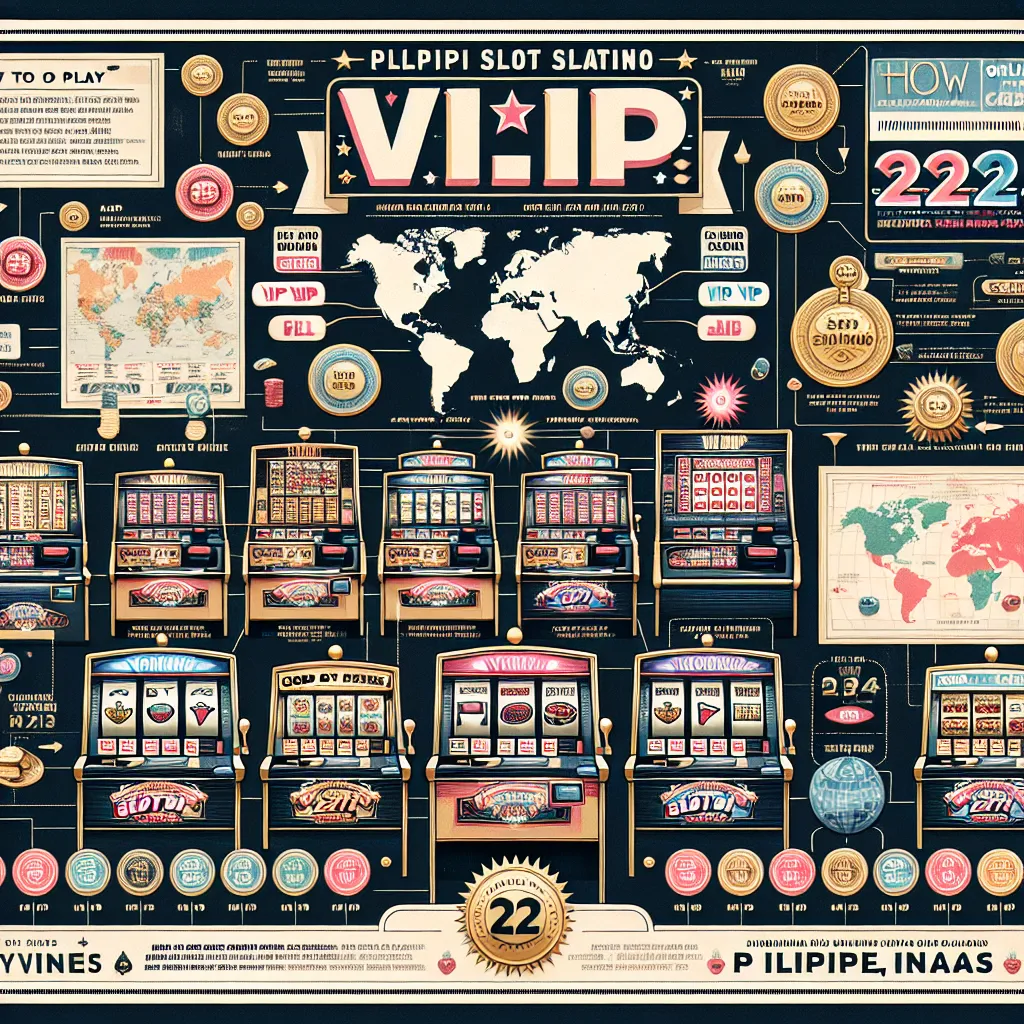Understanding the Risks of Playing “Lucky Slot”
The thrill of spinning the reels on a “lucky slot” is undeniable. For many, these games represent a chance to unwind, test their fortune, and potentially walk away with a rewarding payout. Yet, as responsible gambling advocates, we must acknowledge the inherent risks that come with slot play, particularly in the fast-paced, immersive environment of online casinos.
Slot games, including the popular “lucky slot” titles, are designed with engaging graphics, lively soundtracks, and bonus features that keep players entertained. But this entertainment value sometimes masks the reality: slots are games of chance, not skill, and the odds are always in favor of the house in the long run. It’s easy to lose track of time and money, especially when chasing that elusive “big win.”
Being mindful of these risks is the first step toward responsible gambling. Recognizing that every spin is independent and that past results do not influence future outcomes helps players maintain realistic expectations. Whether you’re a seasoned player or new to the world of online slots, understanding the mathematics behind slot machines — such as Return to Player (RTP) rates and volatility — can help you make more informed decisions and avoid the pitfalls of reckless play.
Moreover, the online casino landscape is vast, with a mix of reputable operators and those that may not prioritize player safety. Choosing where and how you play is just as important as how much you play. A casino’s commitment to security, transparency, and fair play can significantly affect your overall experience and risk exposure. Throughout this article, we’ll explore how to identify and manage these risks, drawing on personal reflections and practical advice to help you enjoy the fun of “lucky slot” responsibly.
Managing Bankroll When Playing Lucky Slot
One of the most effective risk management tools for any slot player is disciplined bankroll management. Setting a clear budget before you begin your session puts you in control, helping to ensure that your gaming remains an enjoyable pastime rather than a stressful financial burden.
Personally, I’ve found that the excitement of “lucky slot” can easily lead to longer play sessions than intended. To counteract this, I set both session time limits and spending caps — stopping play as soon as either is reached. This approach not only protects my finances but also helps maintain a healthy relationship with gambling as entertainment.
When considering which online casino to play “lucky slot” at, look for brands that facilitate responsible gambling with built-in tools. The most trustworthy operators allow you to set deposit, loss, and session limits directly from your player account. This feature is more than just a convenience; it’s a sign the casino is committed to player well-being.
A brand’s longevity and regulatory credentials are also critical. The most reputable sites lead with their licensing (for example, displaying the PAGCOR badge prominently), industry awards, and years in business — a “Triple‑Trust” storyline that signals legal compliance, peer recognition, and operational stability. These are not just badges of honor, but assurance that the brand must adhere to strict standards, including those around responsible gambling.
Finally, choosing a casino that offers clear, fast payout documentation and verified player testimonials can provide peace of mind that your funds are secure and accessible. Award logos and SSL lock icons, often seen on trustworthy sites, reinforce this visual proof of safety. When managing your bankroll, knowing your money is protected and your limits respected makes a significant difference.
Identifying Risky Brand Features and Choosing Safer Alternatives
Not all online casinos are created equal, and some features can increase the risks associated with playing “lucky slot.” As a player, it’s essential to recognize warning signs and seek out brands that actively promote player safety.
Risky features to watch out for include aggressive bonus offers with unclear terms, lack of transparent payout information, and absence of visible security badges or license verification. Some sites make it difficult to access self-exclusion tools or provide little support for those who might be struggling with gambling habits. These are red flags that the operator may not have your best interests at heart.
In contrast, brands that stack their authority — leading every pitch with their licensing, awards, and years in business — demonstrate a commitment to legal and ethical standards. Such a “Triple‑Trust” approach isn’t about boasting; it’s about making their credibility indisputable. When you see a casino proudly displaying regulatory badges (like PAGCOR), SSL security locks, and 24/7 operations center graphics, you’re witnessing tangible proof that your safety is a top priority.
Another positive trend is the move toward one-stop convenience. Modern multi-brand ecosystems allow you to switch from sports betting to live casino, or to “lucky slot,” with a single click — no need for a new log-in or extra KYC checks. This streamlining reduces the temptation to scatter funds across multiple sites, each with its own risk profile, and keeps your play within a single, secure environment.
Third-party evidence can also guide your choice. Award logos, player testimonials, and documented payout speeds help create what I call an “irrefutable credibility loop.” When a brand’s claims are backed up by industry recognition and positive player experiences, you can feel more confident in your decision.
A personal rule I follow: If a casino makes it difficult to find security credentials or responsible gaming tools, I take my business elsewhere. Safer brands make these features visible and accessible, demonstrating that they value not just your custom, but your well-being.
Responsible Gambling Tools and When to Seek Help
While managing your bankroll and choosing secure brands are foundational, responsible gambling goes further. It involves self-awareness, honest reflection, and a willingness to seek help if gambling ever feels out of control.
Most reputable casinos — especially those with strong regulatory backgrounds and industry awards — offer a suite of responsible gambling tools. These may include self-exclusion programs, “cool-off” periods, reality checks, and links to third-party support organizations. The best platforms make these options easy to find and use, reflecting a genuine commitment to player protection instead of mere regulatory compliance.
Take advantage of these resources. Set limits before you play, and use reality check reminders to stay aware of how long you’ve been spinning the “lucky slot” reels. If you ever feel the urge to chase losses or gamble beyond your means, pause and reflect. Remember, the goal is entertainment, not financial gain.
For those who find it difficult to control their play, reaching out is a sign of strength, not weakness. Many casinos offer direct links to support groups such as Gamblers Anonymous or national helplines. If you’re unsure where to start, look for sites where these resources are displayed alongside their security and licensing icons — a further sign that the brand takes player welfare seriously.
Here are a few organizations and resources that can help:
– Gamblers Anonymous (www.gamblersanonymous.org)
– National Council on Problem Gambling (www.ncpgambling.org)
– BeGambleAware (www.begambleaware.org)
As someone who has seen both the highs and lows of slot play, I urge you to prioritize your mental and financial health above all else. Celebrate wins, accept losses gracefully, and never hesitate to seek help when needed. The markers of a truly reputable “lucky slot” brand are not just big jackpots and flashy graphics, but a steadfast commitment to your safety, convenience, and long-term enjoyment.
賭波娛樂王是以個人及團隊賭波經驗,加上 AI 優化文章內容的原創內容。如有任何問題、侵權還請告知。



